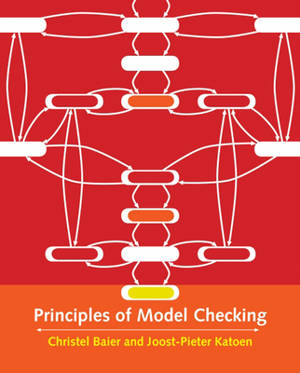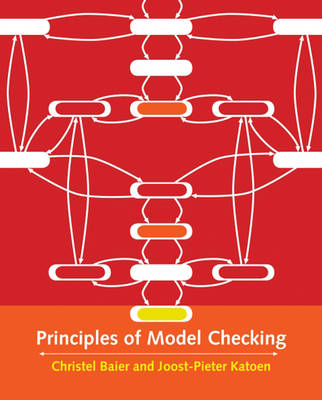
- Retrait gratuit dans votre magasin Club
- 7.000.000 titres dans notre catalogue
- Payer en toute sécurité
- Toujours un magasin près de chez vous
- Retrait gratuit dans votre magasin Club
- 7.000.0000 titres dans notre catalogue
- Payer en toute sécurité
- Toujours un magasin près de chez vous
Description
Our growing dependence on increasingly complex computer and software systems necessitates the development of formalisms, techniques, and tools for assessing functional properties of these systems. One such technique that has emerged in the last twenty years is model checking, which systematically (and automatically) checks whether a model of a given system satisfies a desired property such as deadlock freedom, invariants, and request-response properties. This automated technique for verification and debugging has developed into a mature and widely used approach with many applications. Principles of Model Checking offers a comprehensive introduction to model checking that is not only a text suitable for classroom use but also a valuable reference for researchers and practitioners in the field.
The book begins with the basic principles for modeling concurrent and communicating systems, introduces different classes of properties (including safety and liveness), presents the notion of fairness, and provides automata-based algorithms for these properties. It introduces the temporal logics LTL and CTL, compares them, and covers algorithms for verifying these logics, discussing real-time systems as well as systems subject to random phenomena. Separate chapters treat such efficiency-improving techniques as abstraction and symbolic manipulation. The book includes an extensive set of examples (most of which run through several chapters) and a complete set of basic results accompanied by detailed proofs. Each chapter concludes with a summary, bibliographic notes, and an extensive list of exercises of both practical and theoretical nature.
Spécifications
Parties prenantes
- Auteur(s) :
- Editeur:
Contenu
- Nombre de pages :
- 984
- Langue:
- Anglais
- Collection :
Caractéristiques
- EAN:
- 9780262026499
- Date de parution :
- 01-05-08
- Format:
- Livre relié
- Format numérique:
- Ongenaaid / garenloos gebonden
- Dimensions :
- 206 mm x 257 mm
- Poids :
- 1827 g

Les avis
Nous publions uniquement les avis qui respectent les conditions requises. Consultez nos conditions pour les avis.






